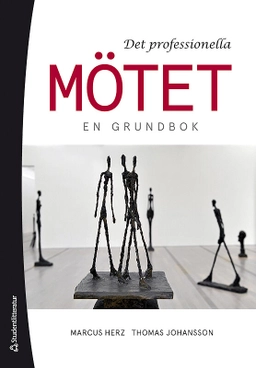

Social movements and Europeanization
- Utgiven: 2009
- ISBN: 9780199604401
- Sidor: 230 st
- Förlag: Oxford University Press
- Format: Häftad
- Språk: Engelska
Om boken
Åtkomstkoder och digitalt tilläggsmaterial garanteras inte med begagnade böcker
Mer om Social movements and Europeanization (2009)
2009 släpptes boken Social movements and Europeanization skriven av Donatella Della Porta. Den är skriven på engelska och består av 230 sidor. Förlaget bakom boken är Oxford University Press.
Köp boken Social movements and Europeanization på Studentapan och spara pengar.
Referera till Social movements and Europeanization
Harvard
Oxford
APA
Vancouver



















